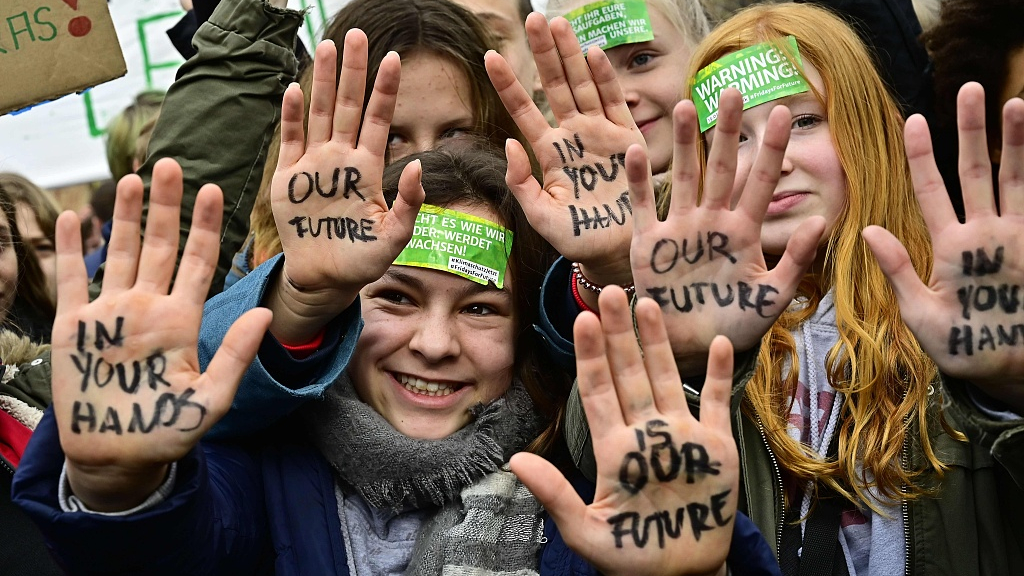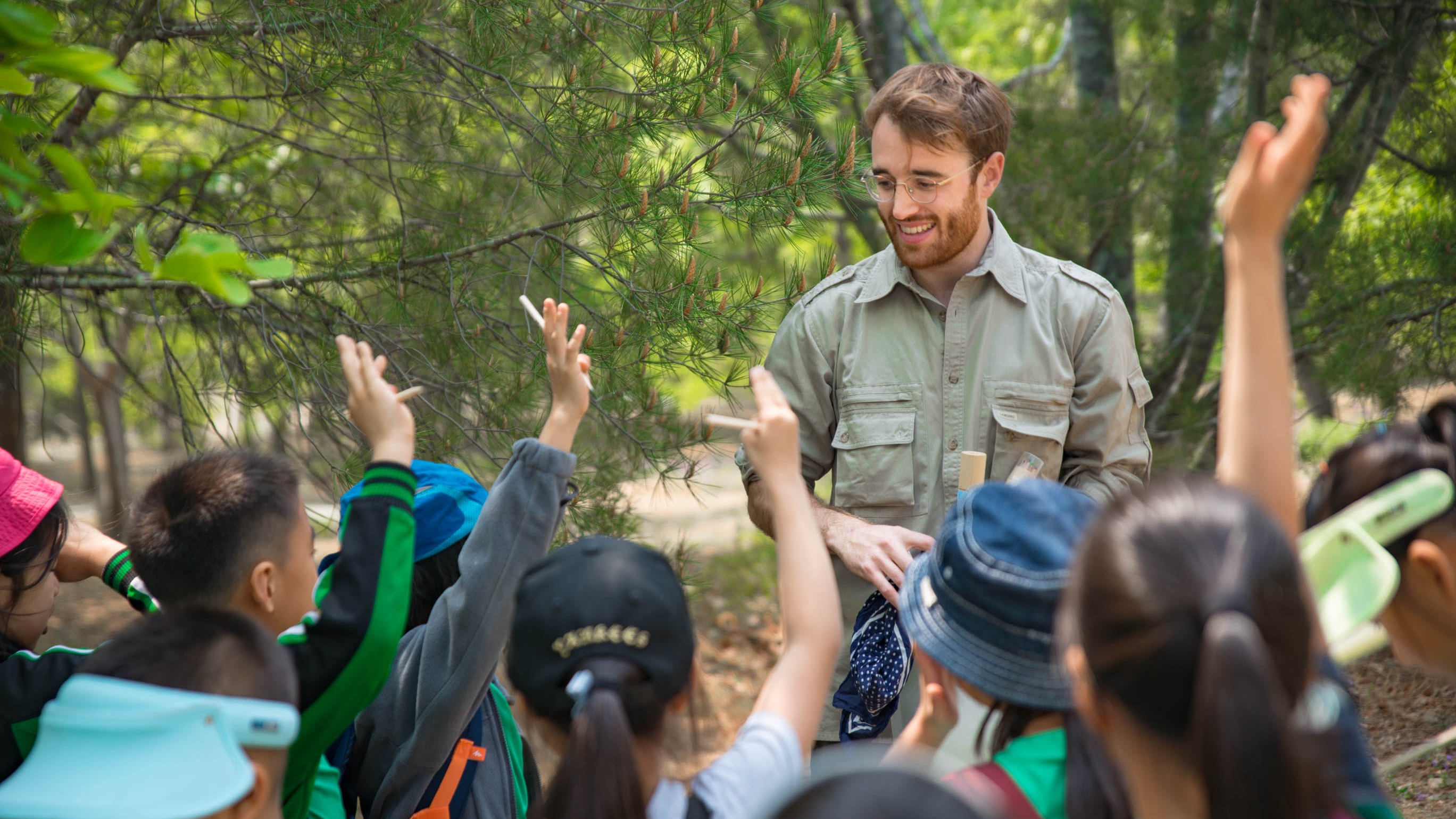
Young people are increasing in prominence in the fight against climate change. With the "Fridays for Future" student events to deal with the climate crisis that is gathering pace around the globe, young people are becoming equipped with the knowledge to make the right decisions and effect a positive change in the world.
But there is a severe lack of certified teachers who can explain the nuances of global warming to students. Recently, two educators have become the first EduCCate Global Climate Change Teachers, accredited by the UN, in Beijing to bridge this gap.
A collaboration between Harwood Education and the United Nations CC:Learn, The EduCCate Global Climate Change Teacher accreditation was launched on April 22 and is free for all primary and secondary school teachers.
Since its launch, some 11,000 teachers have been accredited and 27,000 schools have signed up to the program across the world.
"Young children are far more vulnerable to climate-related disasters and associated health risks than any other social group. We need to give them the tools to understand the effects of a changing climate so that they can take well informed and effective action in the future," said Melanie Harwood, chief executive of EduCCate Global.
Project-based climate education
Climate change covers a broad range of complex topics spanning across the sciences and humanities. While most schools around the world do not have a dedicated climate change department, this UN-accredited course can help teachers contextualize what they are teaching in terms of climate.
"There are a lot of ways in which climate change can be used as an example to teach other things," Oliver Wessely, one of the first newly-minted EduCCate Global UN accredited Climate Change teachers in Beijing, told CGTN.

Wessely with a group of students. /Oliver Wessely
Wessely with a group of students. /Oliver Wessely
He pointed out how subjects like history can incorporate the latest developments in climate legislation, or it can be "a bit more interdisciplinary and not just within one subject," Wessely, who helps run Beijing Field Studies, an environmental education outdoor program, added.
There is more than one way to incorporate climate change in education beyond structuring it into the curriculum. With the accreditation, schools can come up with a "project-based initiative that teachers can run," he said.
Empowering without frightening
The topic can be intimidating with its numerous statistics and grim statements on the state of the world. It is a balancing act to educate in a way that empowers without frightening.
The course content, targeted at primary and secondary school students, covers a range of topics including climate change science, gender and environment, children and climate change, cities and climate change, and human health.
It also uses real-life case studies which offer solutions, hopefully giving students a sense of agency in combating climate change.
"Here they were able to clearly identify problems and identify how parts can come together and mitigate or adapt to the problem and then measure the impact that response has had on the community," said Wessely, continuing that this would enable them to "empower change and have proven positive solutions to tackle problems."
Meanwhile, Aurora Yu, a high school student in Beijing, hopes climate education can go beyond broad concepts. "Big ideas are repeated a lot, but there is a lack of emphasis on how we can implement those actions on a daily basis, so that's something we can work on."
Countries around the world are waking up to the dangers of an uncontrolled temperature rise, but climate literacy remains grossly disproportionate to the magnitude of the crisis.
In China, Wessely acknowledged that "it seems like quite a grassroots initiative by implementation, but added that "hopefully something can be triggered by this initiative, and it gets recognized by other schools."
(Cover: Youths show their hands bearing the inscriptions "Our future in your hands" during the "Fridays For Future" movement on a global day of student protests aiming to spark world leaders into action on climate change on March 15, 2019 in Berlin. /VCG photo)